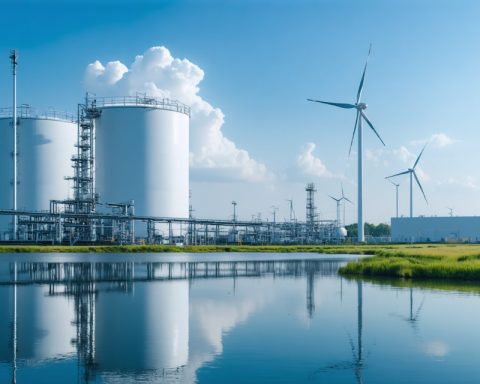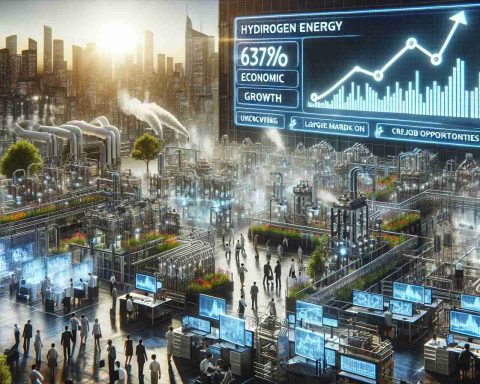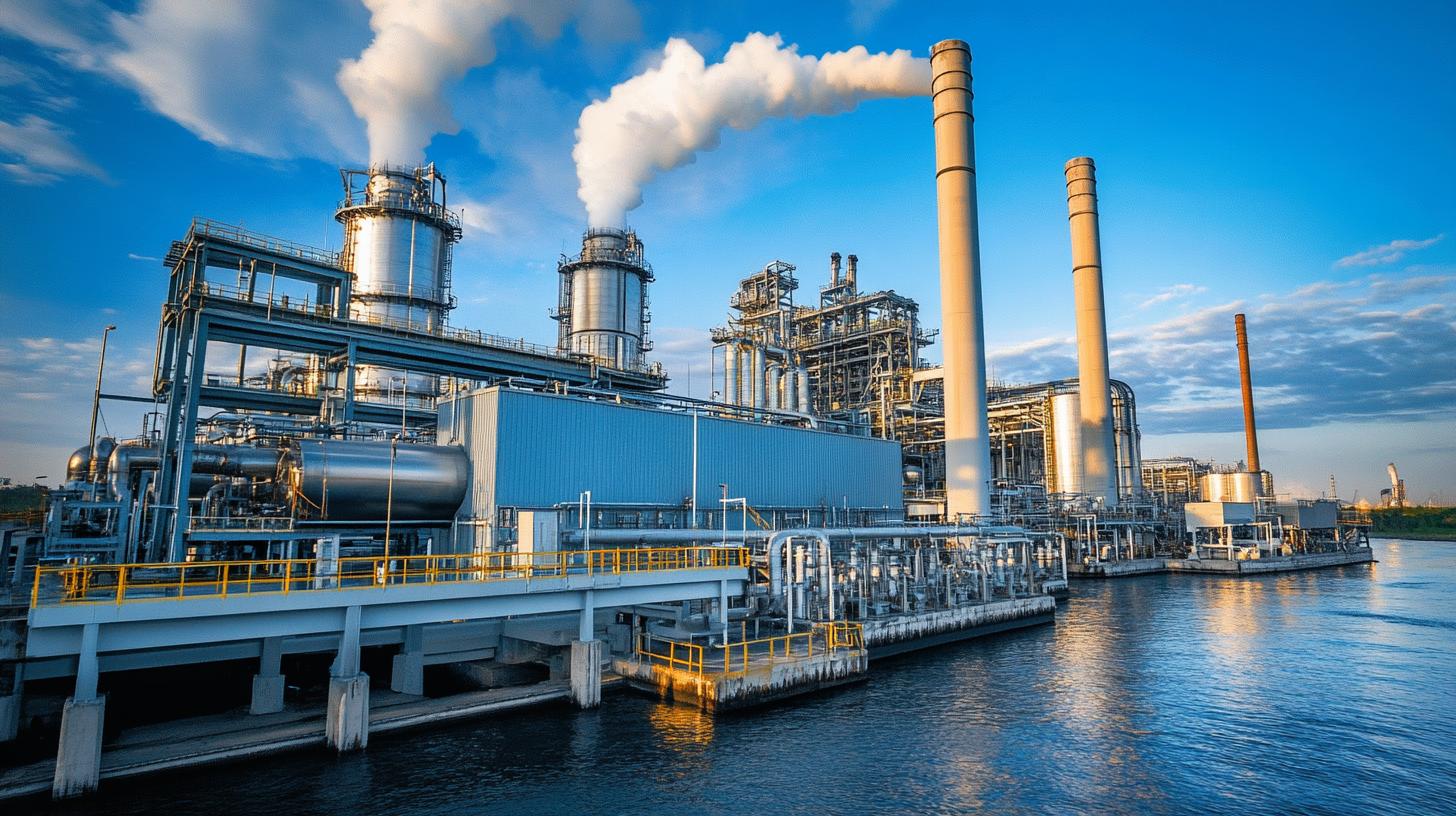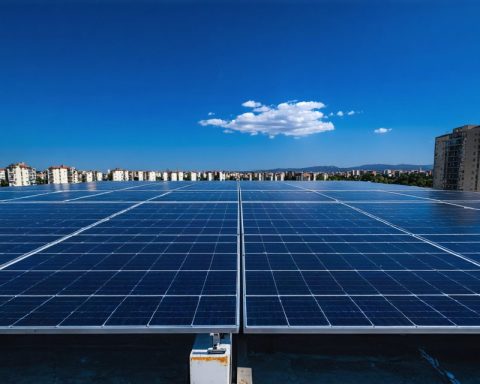Browse TagHydrogen Economy
The Hydrogen Economy refers to a system of using hydrogen as a widespread energy carrier, replacing fossil fuels as a primary source of energy. In this envisioned economy, hydrogen is produced, stored, distributed, and consumed in ways that promote sustainability and reduce carbon emissions. It involves various methods of hydrogen production, including electrolysis (using electricity to split water into hydrogen and oxygen), steam methane reforming, and thermochemical processes.The hydrogen produced can be utilized in various sectors, including transportation (fuel cells for vehicles), industrial processes (as a feedstock for chemicals or steel production), and heating (for residential and commercial purposes). The Hydrogen Economy aims to facilitate a transition to cleaner energy systems by utilizing hydrogen’s high energy density and its potential for being a carbon-free fuel when produced from renewable sources.Key benefits of the Hydrogen Economy include reduced greenhouse gas emissions, improved energy security, and the ability to store and transport energy more efficiently. However, challenges such as production costs, infrastructure development, and energy efficiency need to be addressed for the full realization of the Hydrogen Economy.















